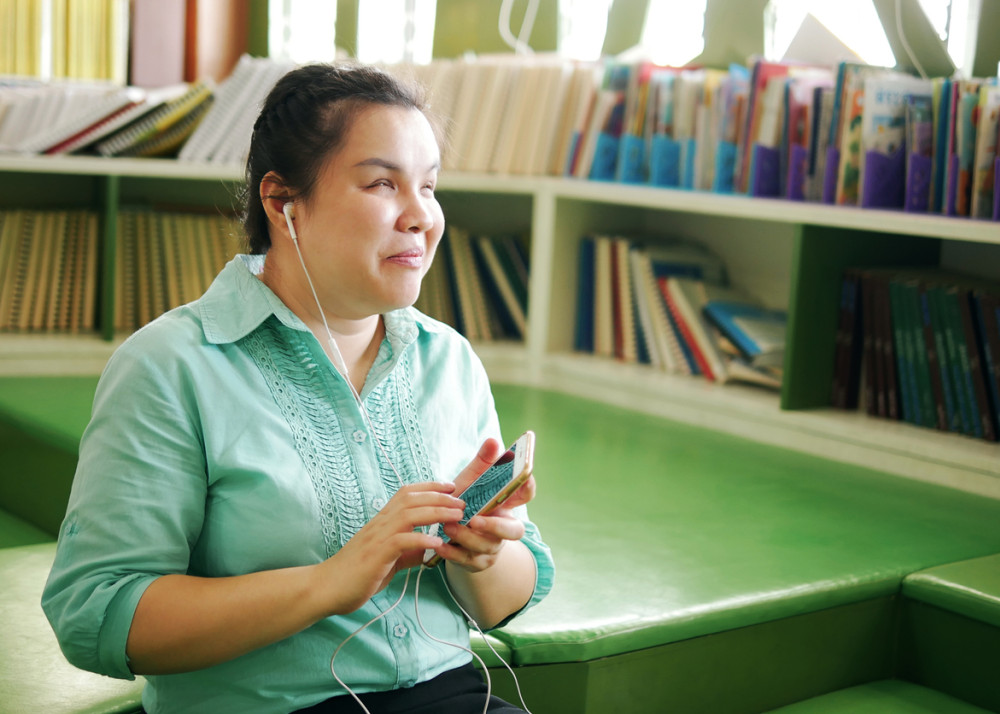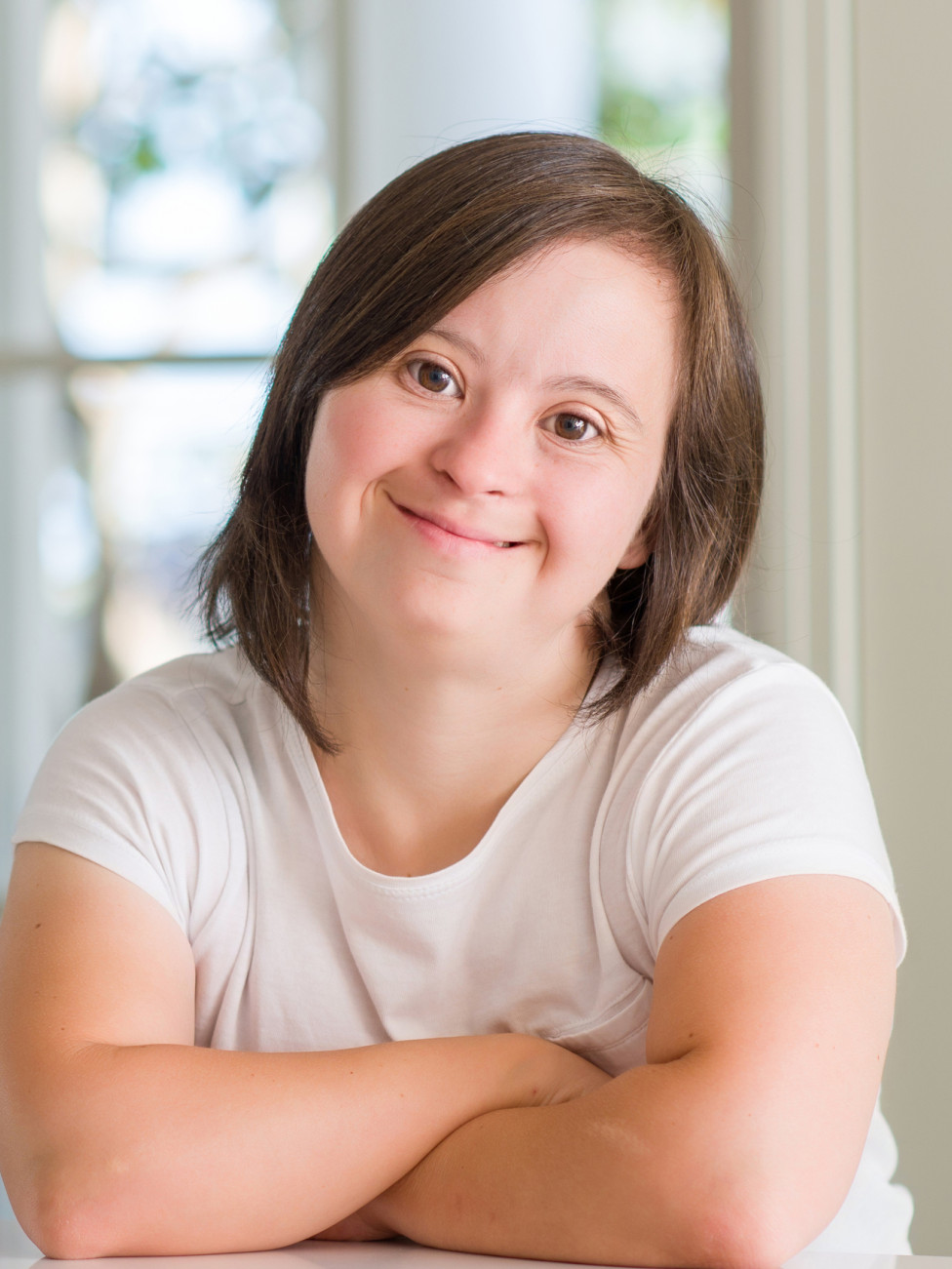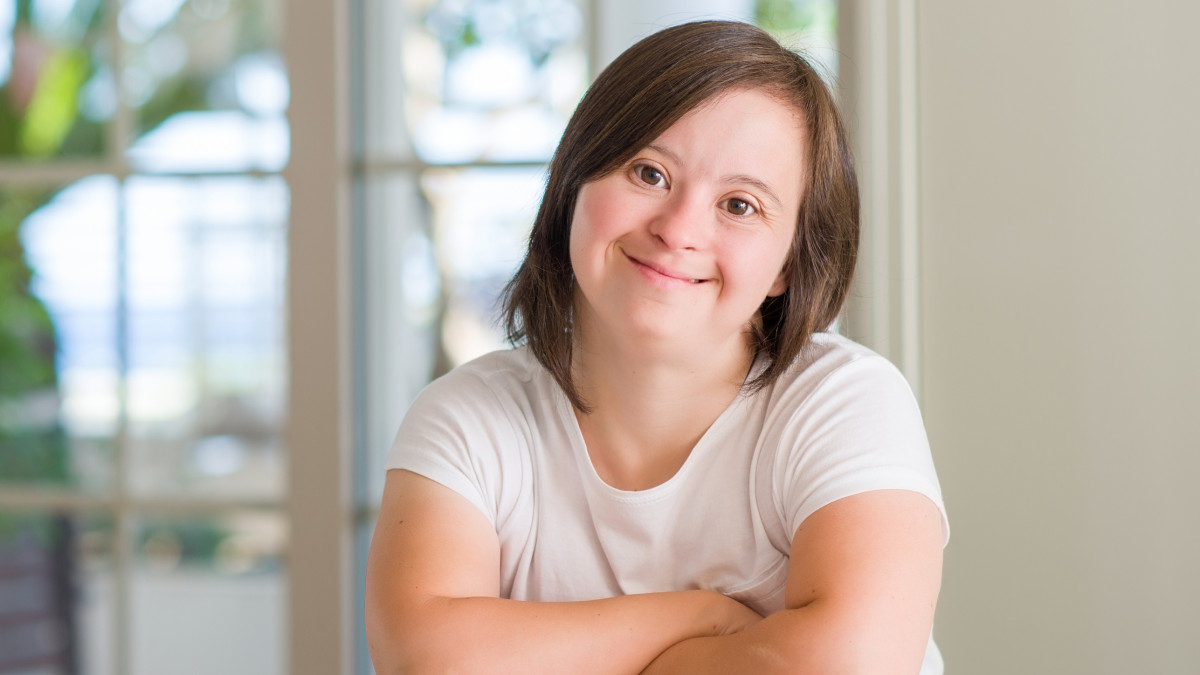What Are Disability Day Programs?
15 January, 2024
Many of us are constantly on the lookout for ways to meet new people, build our confidence and get out into the community more. If you're living with a disability however, these opportunities can at times be difficult to find. If this is the case, one option that may be worth exploring is a day program.
Day programs can include anything from playing music to swimming or equine therapy.
Disability day programs are part of the broader disability support services provided to individuals with disabilities. These programs are designed to offer a range of activities, support, and opportunities, with the aim of promoting inclusion, new skills, and community engagement.
Funding to take part in day programs can often be provided through the National Disability Insurance Scheme (NDIS.) For this to happen, the day program activities need to be included in your NDIS plan.

How are Day Programs Included in my NDIS Plan?
Day programs can generally be included in two budget categories in your NDIS plan.
The core supports budget category includes funding for assistance with both social skills and community participation. This can often include participation in day programs aimed at fostering these aspects of life.
The capacity building budget category is designed to enhance daily living skills, independence, and community participation. Disability day programs, with a focus on skill development, travel training, socialisation, and community connections, are therefore often funded through the capacity building budget category.
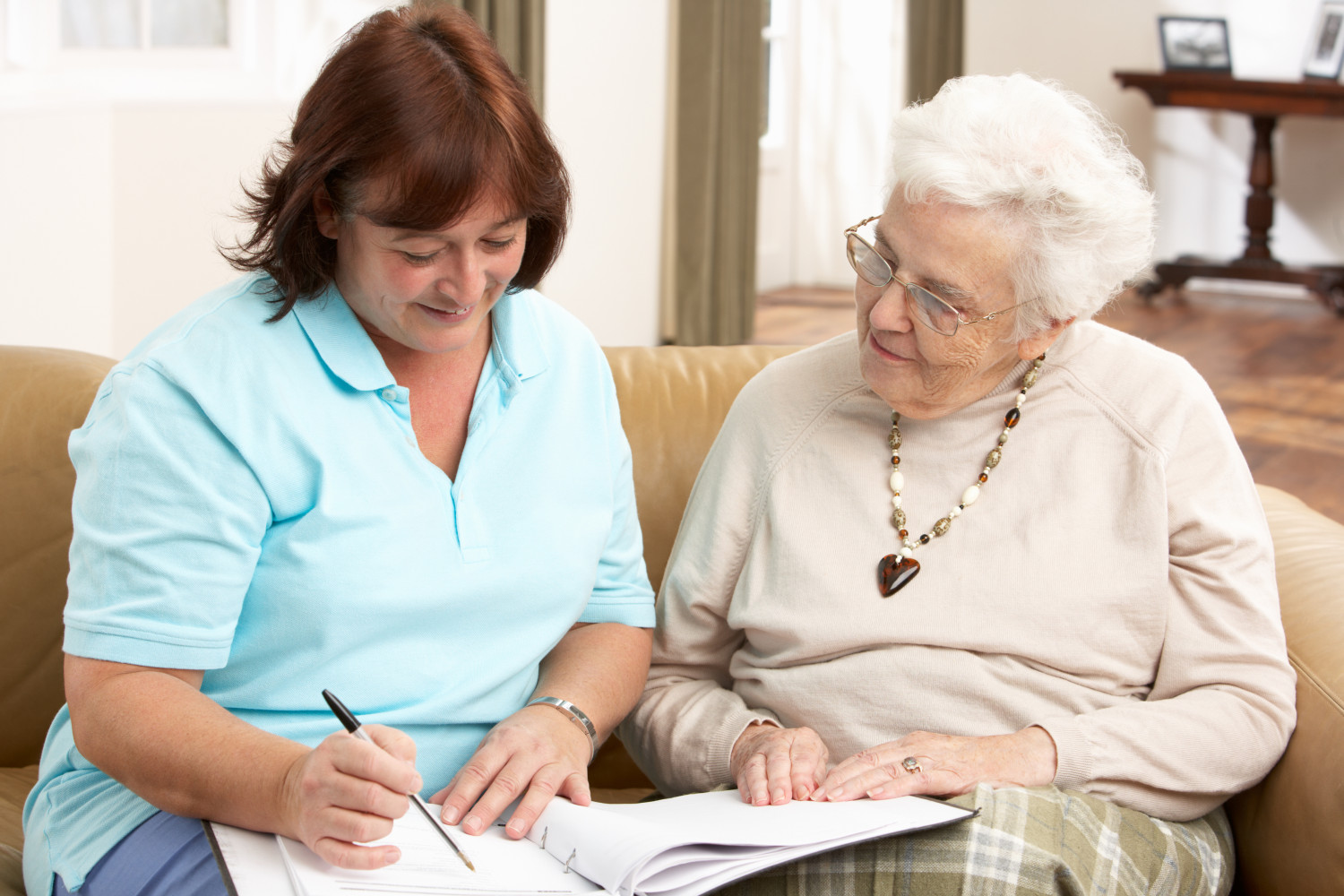
How Can Day Programs Benefit NDIS Participants?
Disability day programs offer significant benefits for adults by providing a supportive environment that promotes personal growth and community involvement.
These programs can facilitate skill development, empowering those with disabilities to enhance their communication, socialisation, and vocational abilities, contributing to increased independence and self-esteem and building skills.
Opportunities to socialise within day programs can help people meet new friends, reduce feelings of isolation and loneliness and enhance physical and mental well-being.
Day Programs for Adults with Disabilities
A range of day programs are available for adults with disabilities. Often day programs focus on adult participants because young people with disability tend to be involved in school and other forms of education during the day.
Day Programs for Young People with Disability
While day programs are often targeted at adults, there are still many opportunities for young people to engage with day programs especially on weekends and during school holiday periods.
Types of Day Programs
A wide range of day programs exist and their availability depends on the particular region you live in.
Often a support coordinator can help you to find day programs in your area that might suit your needs and interests. They can also discuss your personal goals and interest in day programs in order to help you prepare for your next NDIS planning review.
A support worker can assist you with attending a day program and support you while you're there if this is required.

Centre-Based Day Programs to Build Life Skills
These programs typically have skilled staff and operate out of a designated facility or centre. They can be focused on developing social and life skills or leisure and social connections. Participants generally take part in a set schedule of structured activities. Typical activities might include arts and craft, gardening, baking and exercise classes.
Centres that provide day programs sometimes provide pick up and drop off services as well. You can search for centre-based day programs using the disability gateway.
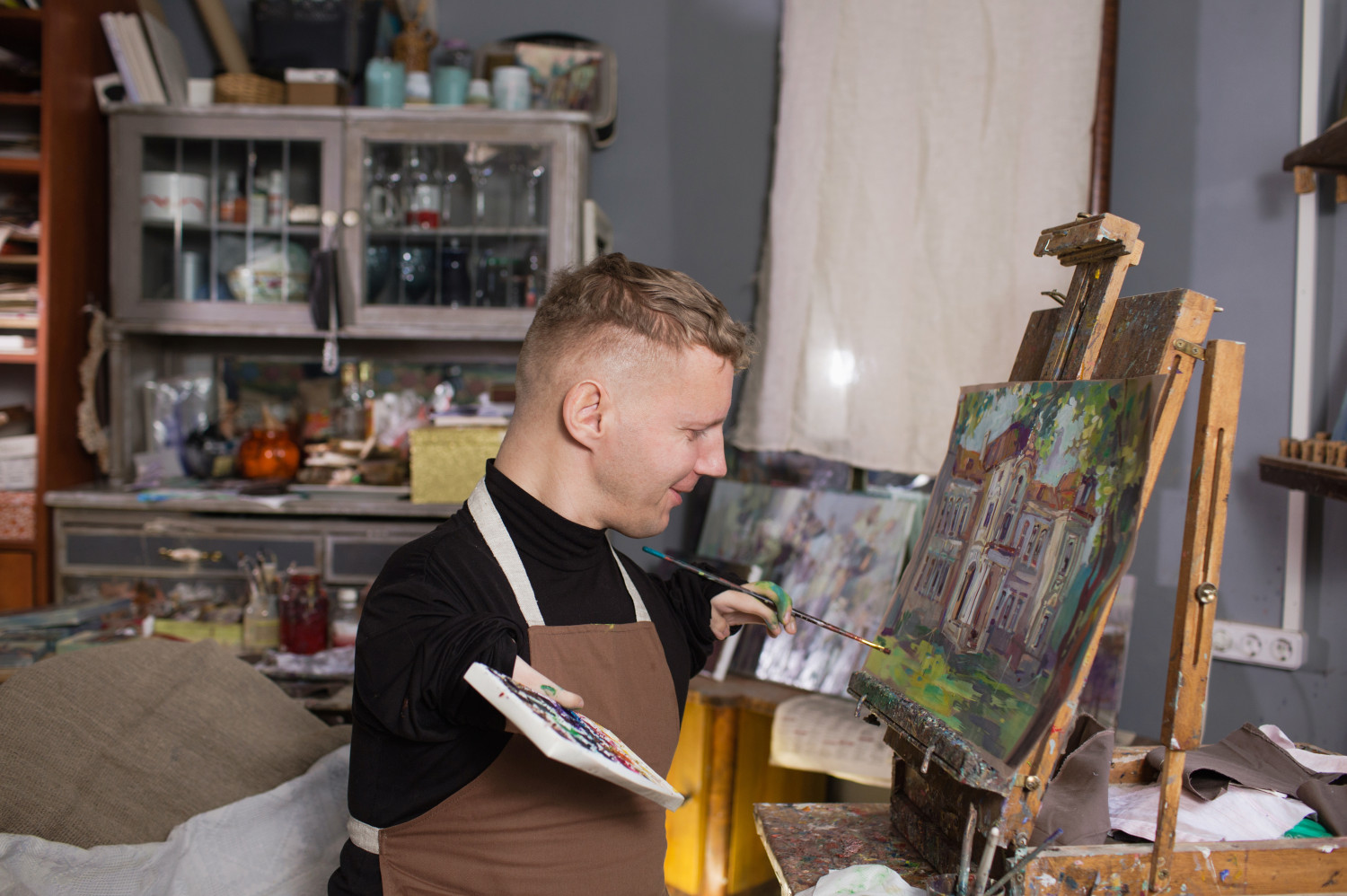
Therapy Programs
Therapeutic programs such as art therapy, pet therapy and music therapy can also be extremely valuable as day programs for NDIS participants. These therapies have a wide range of benefits and can also be valuable forms of self-expression.
Art therapy and music therapy sessions can be organised through NDIS providers such as Focus Care, or through organisations such as Songbird.
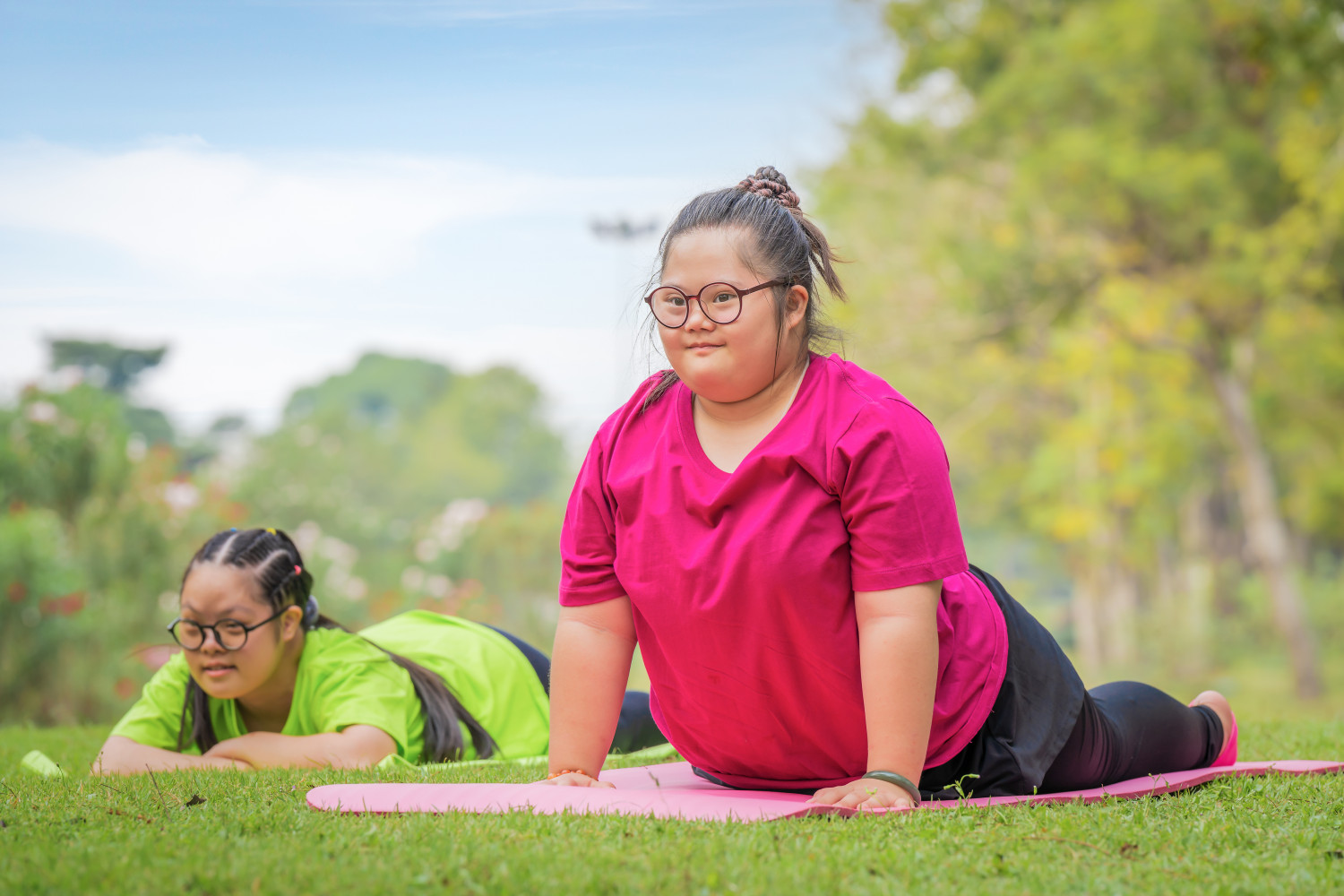
Sports and Recreational Activities
Sports and recreation day programs are specifically designed to provide individuals with disabilities an inclusive and engaging environment where they can participate in adaptive sports, fitness classes, or outdoor recreational activities.

Community engagement
From organised outings to local events, volunteering opportunities, and participation in community projects, these activities facilitate meaningful interactions, promote independence and foster a sense of belonging.
How Focus Care Can Help
At Focus Care, we provide support services for NDIS participants interested in taking part in day programs. We also have support coordinators who can assist you with your next plan review if you would like to engage more with day programs.
In addition, we offer music therapy, pet therapy and personalised on-one-one Art Therapy sessions, as well as group art courses.
If you or a loved one would like to learn more about our services, please contact us today.
